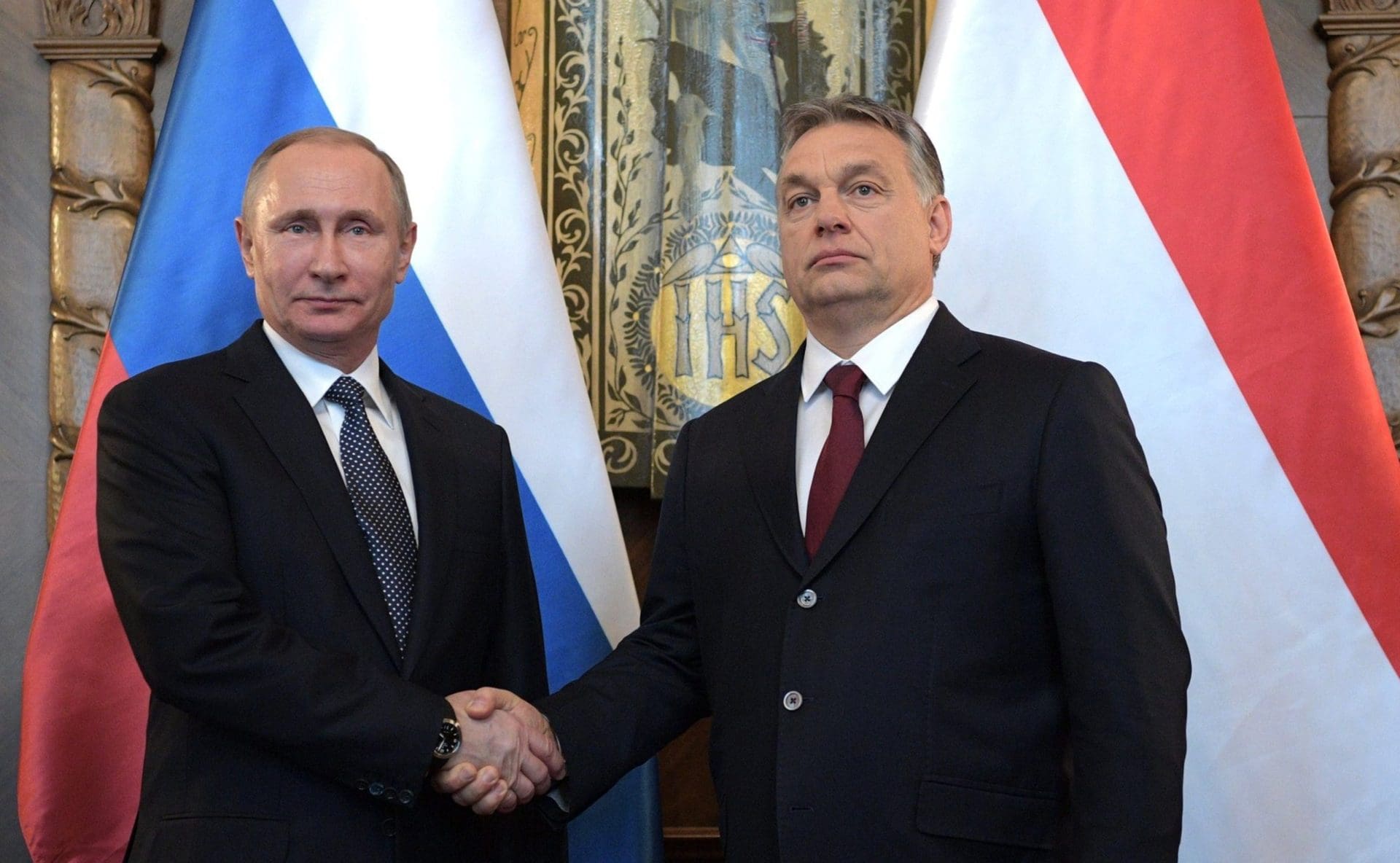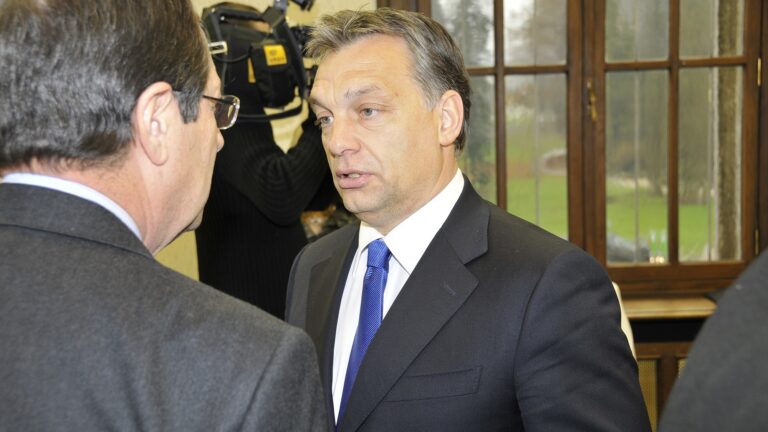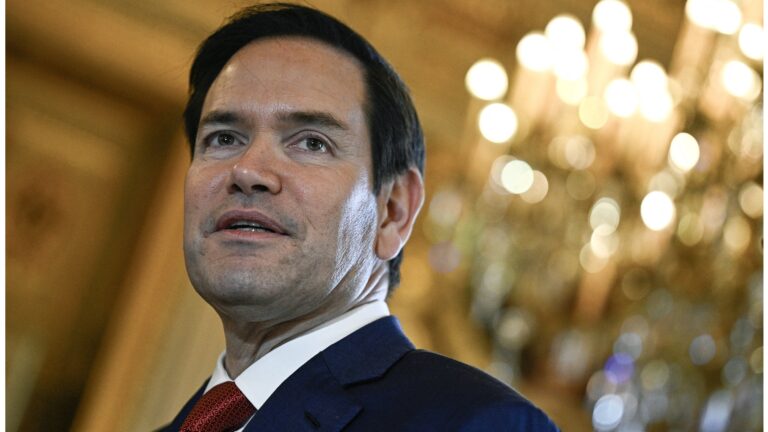The Belovezh Accords, which marked the dissolution of the Soviet Union (USSR) was signed—exactly 30 years ago —on 8 December 1991. The last 30 years saw a lot of ups and downs in Hungarian–Russian economic relations – to mark the anniversary – this article aims to provide a brief overview of the most important milestones of the two countries’ economic cooperation.
After the dissolution of the Soviet Union, in the first decade of the Hungarian–Russian relations, the two countries kept a polite distance from one another. With the regime change in Hungary and the breakup of the USSR the decline in economic relations and cooperation was a fault of both. On the one hand, as Hungary democratised and re-joined the West, its interest was to deepen economic and political relations with the West, and therefore, it paid little attention to re-establishing connections with the countries from the post-Soviet space. On the other hand, as the collapse of the USSR created a brand-new status quo in the CIS region, due to the difficulties of the transition and their internal political struggles, they did not push for bilateral relations with Hungary either[1].
After the 1990s the first outstanding ‘disturbance’ between the two countries’ relations was caused by the Ukrainian–Russian gas disputes in 2005–2006. Since Hungary hugely depended on the energy imports from Russia, when the decision was reached to cut off gas supplies going through Ukraine, Hungary’s access to it was dropped by 40 per cent[2]. To prevent further crisis, Hungary (with a bit of a delay in the execution) started to build extra gas storage facilities[3]. Another possible solution could have been the diversification of energy sources, but due to the difficulty of constructing the necessary infrastructure to transport energy, it was not a viable option for Hungary. As a result, even now, around 80 per cent of Hungary’s gas demand is covered by Russian imports[4].
The real change in narratives came only in 2010 when the Hungarian government announced its Eastern Opening Policy.
While there was a bit of an improvement in economic relations between the two countries around the Great Recession (2207–2009), the real change in narratives came only in 2010 when the Hungarian government announced its Eastern Opening Policy. The project aims to re-build economic relations with Eastern economies, especially with Russia and China. By and large, the oplicy did boost trade relations between Hungary and some Eastern countries, however, due to the sanctions levied against Moscow in 2014 for the annexation of Crimea both imports from and exports to Russia are down. Given the policy’s goals, it is no surprise that Hungary was not pleased with the sanctions. At the time Prime Minister Viktor Orbán said that the sanctions cause more harm to Europe then to Russia, so it is like ‘shooting oneself in the foot’[5].
The sanctions were inconvenient not only for the purposes of the Eastern Opening Policy, but for the expansion of Hungary’s only nuclear power plant as well, which is being executed with the help of Russian investments. The Paks power plant covers about 50 per cent of Hungary’s electricity needs[6], and as a result of the expansion, the remaining (in-use) coal-fired power plants will be closed down in the next five years. The expansion costs an estimated 12.5 billion euros, 10 billion of which is covered by a loan from Russia[7]. As the project was not opened up for bidding before the contract was awarded to Rosatom, the European Commission has launched an infringement investigation against Paks II. After some political disputes, the EC has given green light to the investment in 2017[8].
The final milestone in the two countries’ economic cooperation is that in March 2019 the International Investment Bank moved its headquarters to Budapest. The IIB was established in 1970 to foster economic relations within the Eastern Block. Currently, the bank has nine members, including Hungary, Russia, the Czech Republic, Romania and Slovakia. The decision to move the headquarters to Budapest from Moscow was debated for two reasons – one political and one economic. The political reason was that the IBB personal are granted a wide range of privileges; employees of the bank are granted diplomatic immunity without much oversight from the Hungarian authorities – some believe that it provides an easy access into the Schengen area and, therefore, poses a security threat on the EU. The economic argument against welcoming the IBB in Budapest was that while Hungary is the bank’s third biggest shareholder (by paid-in capital), so far it has received the smallest proportion of loans from the bank, as little as 5 per cent[9].
[1] Zoltán Sz. Bíró, ‘A magyarorosz politikai kapcsolatok (1991-2005)’, A magyar-orosz kapcsolatok története, (Russica Pannonicana, 2010), 122p.
[2] NA, ’Ukraine ‘stealing Europe’s gas’’, BBC (2006), http://news.bbc.co.uk/2/hi/europe/4574630.stm, accessed 03. Dec. 2021.
[3] Norbert Árok, ‘A magyar – orosz gazdasági kapcsolatok a rendszerváltástól napjainkig’, https://btk.ppke.hu/uploads/articles/6414/file/%C3%A1roknorbert.pdf, 9p., accessed 03. Dec. 2021.
[4] Veronika Jóźwiak, ‘Hungarian-Russian Economic Relations’, Bulletin, 105/1351 (26 July 2019), 1p. https://pism.pl/upload/images/artykuly/6ff616d1-3487-4fae-8e9c-3524d452549a/1570899639626.pdf, accessed 03. Dec. 2021.
[5] Gergely Szakacs, ’Europe ‘shot itself in foot’ with Russia sanctions: Hungary PM’, Reuters (2014), https://www.reuters.com/article/us-ukraine-crisis-sanctions-hungary-idUSKBN0GF0ES20140815, accessed 03. Dec. 2021.
[6] https://atomeromu.mvm.hu/hu-HU/Rolunk, accessed 03. Dec. 2021.
[7] NA, ’Hungary, Russia to speed up construction of Paks II nuclear power plant’, Balkan Green Energy News (2021), https://balkangreenenergynews.com/hungary-russia-to-speed-up-construction-of-paks-ii-nuclear-power-plant/, accessed 03. Dec. 2021.
[8] NA, ’Hungary gets agreement to delay Paks II loan repayment’, World Nuclear News (2021), https://world-nuclear-news.org/Articles/Hungary-gets-agreement-to-delay-Paks-II-loan-repay, accessed 03. Dec. 2021.
[9] András Rácz, ’A foot in the door? Russia’s International Investment Bank moves to Hungary’, ECFR (2019), https://ecfr.eu/article/commentary_a_foot_in_the_door_russias_international_investment_bank_moves_t/, accessed 03. Dec. 2021.








